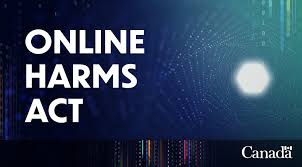According to surveys in the U.S., somewhere between 22 per cent to 30 per cent of Americans say they attend religious services weekly, depending on what polling organization is providing the results.
But is that really true? After all, it’s widely known that people routinely over-represent behaviours they think they should be doing more of on surveys—like going to church.
Devon Pope, a professor of behavioral science and economics at the Booth School of Business at the University of Chicago, decided to find out if people were really going to services as often as they said they were. But how to do it?
The answer was simple: cell phones.
Just like with our online activity, our physical actions are tracked by companies using our cell phones. Using geolocation data, Pope found that only about five per cent of Americans are actually at a religious service on their primary day of worship — far fewer than those who tell survey takers they are there.
Read more, including
implications for Canadian religious service attendance, in my recent Free Press column.




